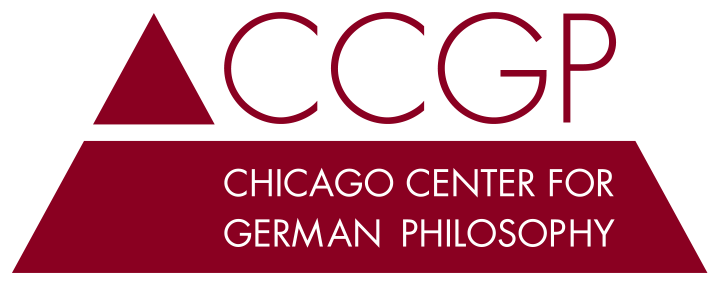
Leipzig/Chicago Visiting Graduate Student Exchange Program
1. To support innovative research and graduate education of the highest academic quality in Philosophy and Literary Studies.
2. To provide international experience for German and US graduate students that will assist them in their future academic careers.
3. To promote an intellectual dialogue and professional interaction between the German and the Anglo-American traditions in Philosophy and Literary Scholarship.
The time-frame for possible visits at each of the two universities is constrained by the structure of their respective academic years. The academic year at the University of Chicago has four quarters. The exact dates of these vary slightly from year to year. The following dates will give an idea of how they are distributed: Summer Quarter runs from roughly June 21st to August 28th, Autumn Quarter from September 27th to December 11th, Winter Quarter from January 3rd to March 12th, and Spring Quarter from March 21st to June 4th. (The precise dates given here are those of the 2021-2022 Academic Year.). Leipzig doctoral students may apply to be visiting graduate students at the University of Chicago for either one quarter (three months) or two quarters (six months), starting in Autumn, Winter, or Spring; they may spend the Summer Quarter only as a continuation of their stay. The academic year at Leipzig University has two semesters: Winter semester runs roughly from October 1st to March 31st and Summer semester roughly from April 1st to September 30th. Graduate students from the University of Chicago will spend one or two semesters at Leipzig University. Leipzig graduate students may participate in the program only with permission from their dissertation supervisor. Chicago graduate students may participate in the program only with permission from their dissertation committee.
The University of Chicago will waive all tuition fees for visiting graduate students participating in this exchange. However, it will charge students from Leipzig University a Student Services Fee, which is USD $432 per quarter (as of the 2021-2022 Academic Year; subject to change in upcoming years). The Student Services Fee for each Leipzig student admitted into the program will be covered by the Chicago Center for German Philosophy. Leipzig University will not charge a foreign student tuition fee for visiting students coming from Chicago. However, it will charge students from the University of Chicago a “social contribution” (Sozialbeitrag) fee, which is currently €235 per semester. The funds to cover this expense for each University of Chicago graduate student participating in the exchange program will be drawn from the Center for German Philosophy’s discretionary budget for graduate student research, travel, and foreign stays.
Each student participating in the exchange must have a stipend either from his/her home institution or from other research funding institutions sufficient to cover the costs of accommodation, travel, and health insurance. Students must purchase the medical insurance required by the host institution, or demonstrate to the satisfaction of the host institution that the medical insurance carried by them, or on their behalf, is sufficient for all purposes of the host institution. Any medical expenses not covered by such insurance shall be the personal responsibility of the exchange student. Liability and accident insurance are highly recommended.
At the University of Chicago:
James Conant
Chester D. Tripp Professor of Humanities
jconant@uchicago.edu
The host institutions commit to integrating the exchange students into their programs, supporting their dissertation projects and providing them with research facilities (e.g. access to libraries). The exchange program coordinators will assist the students in contacting faculty at the host institution who will give them advice during the exchange period. Exchange students will be allowed to enroll in graduate courses for credit or as auditors. Students will be encouraged to participate in workshops, colloquia, and other events occurring in their host departments. They may also be given an opportunity to present their own research in these contexts.
